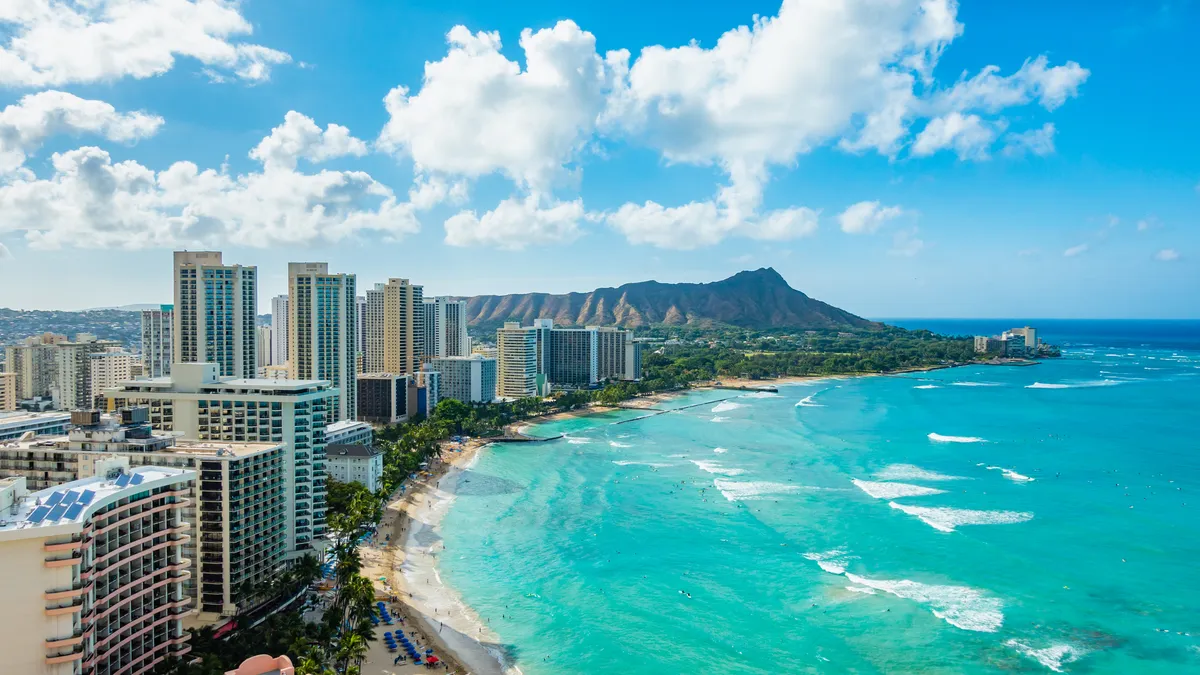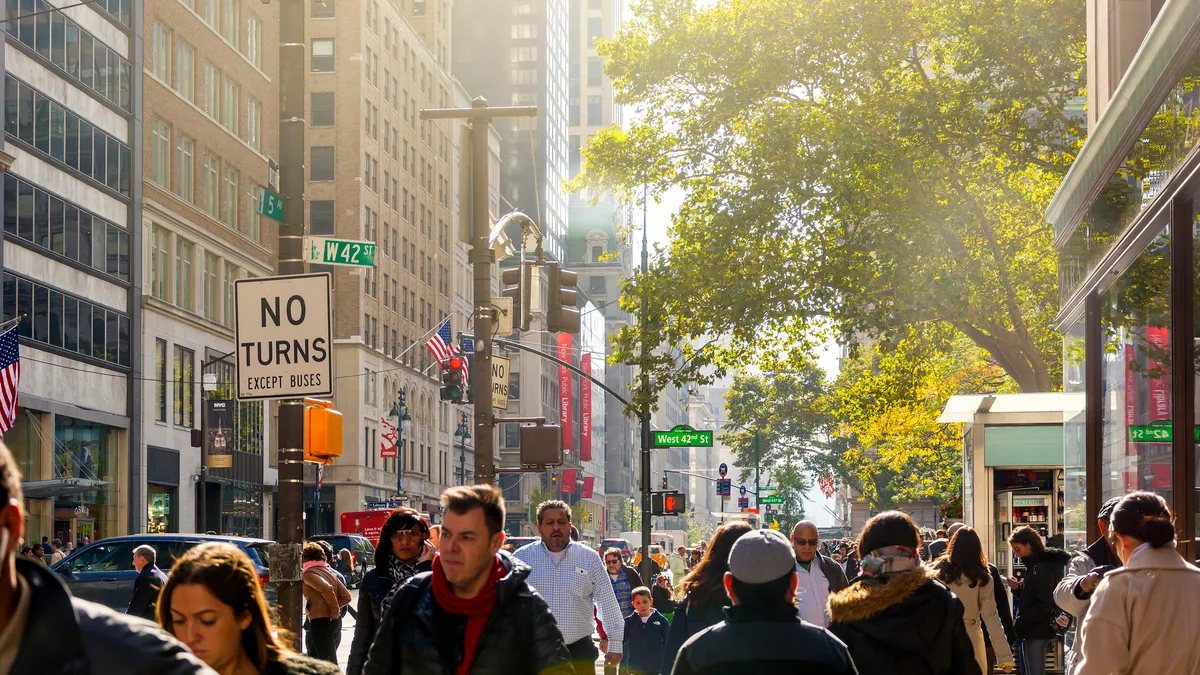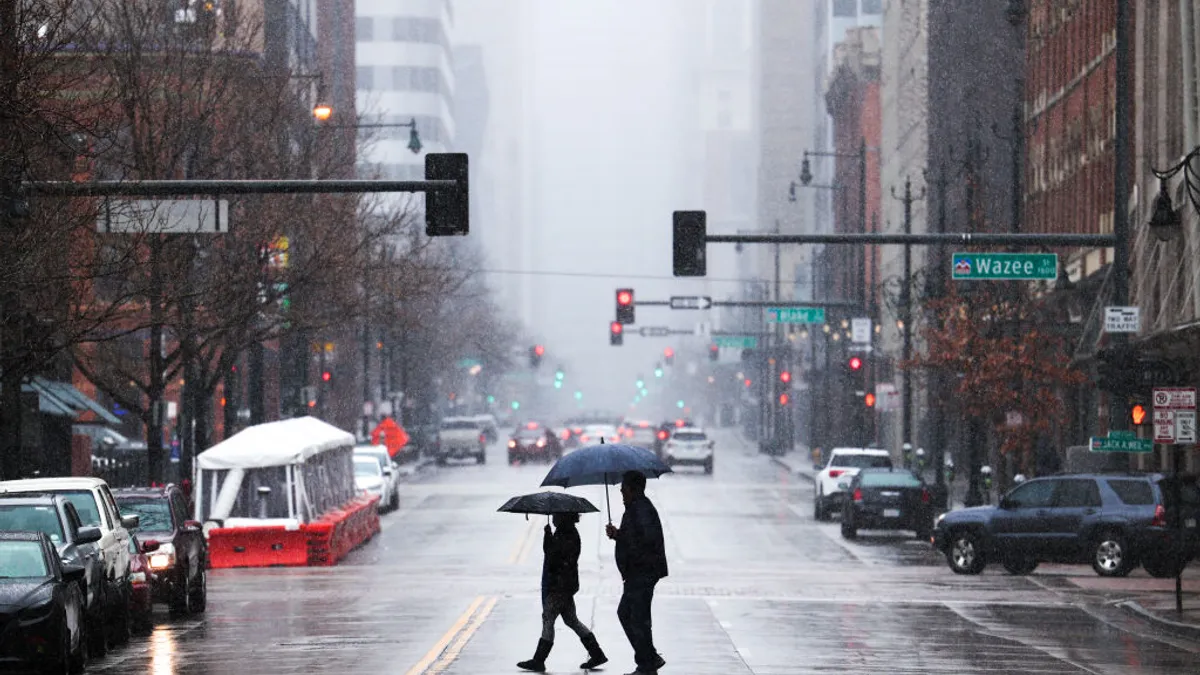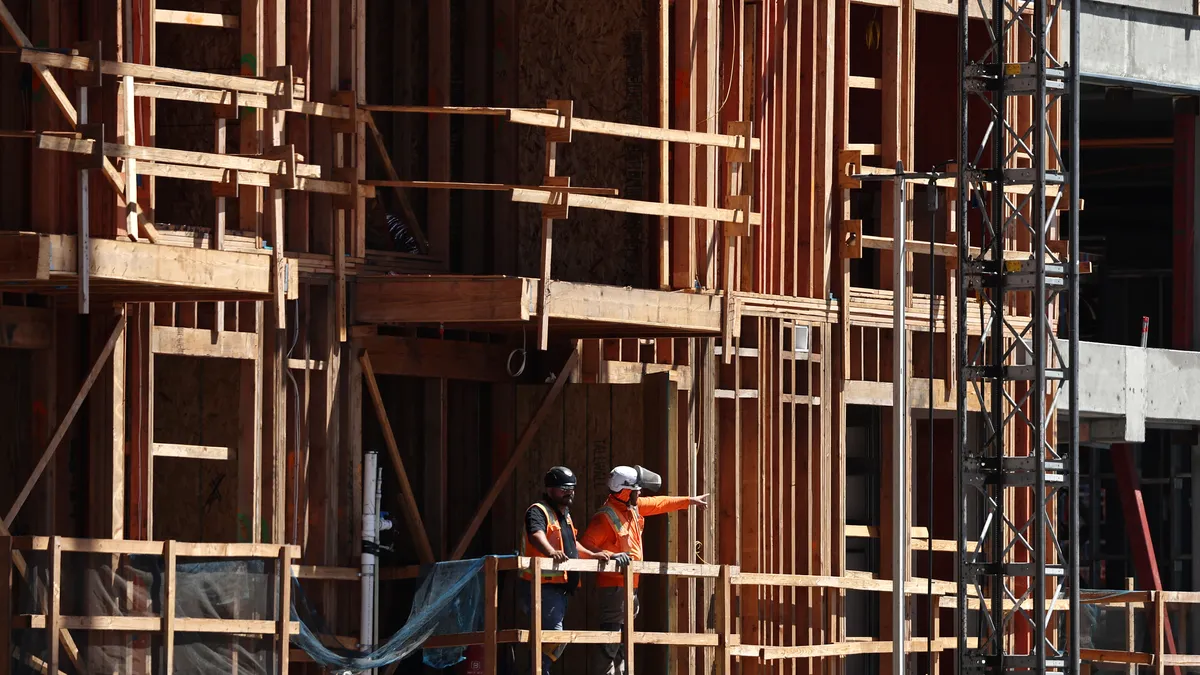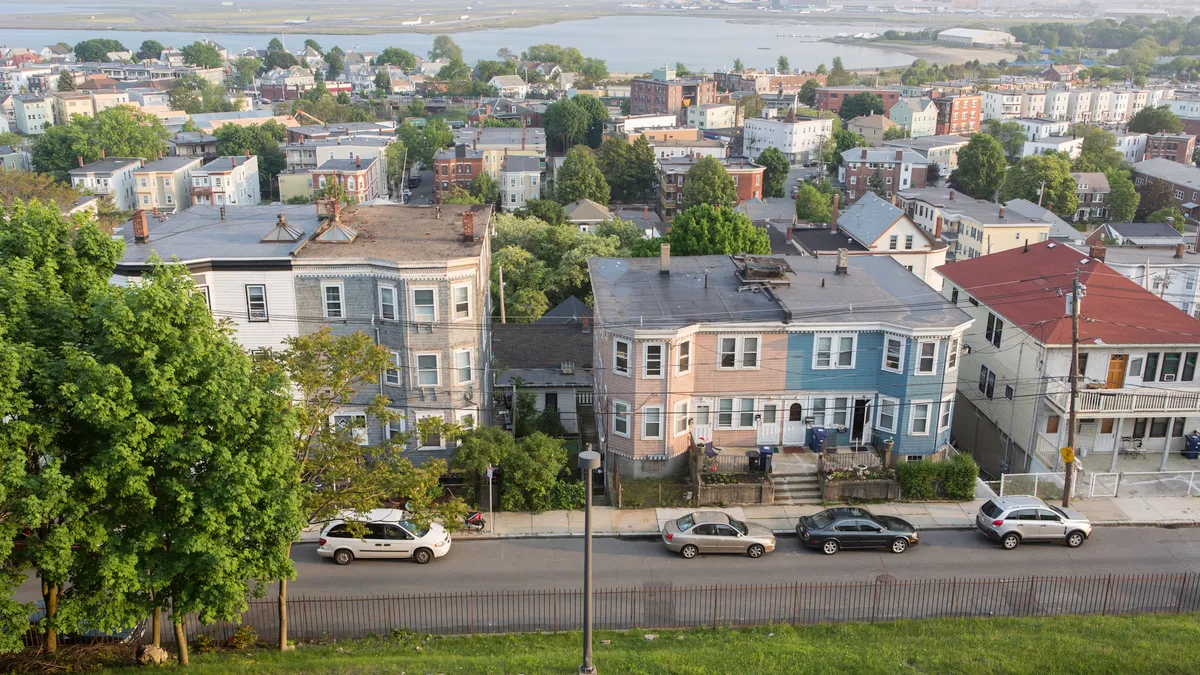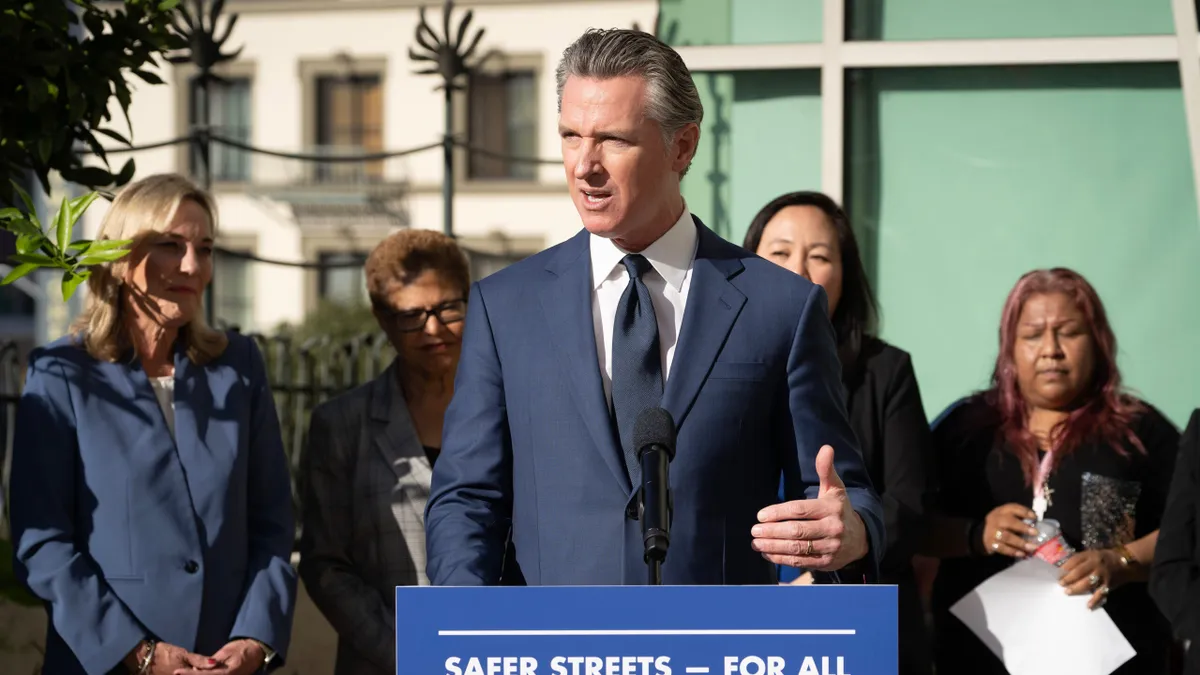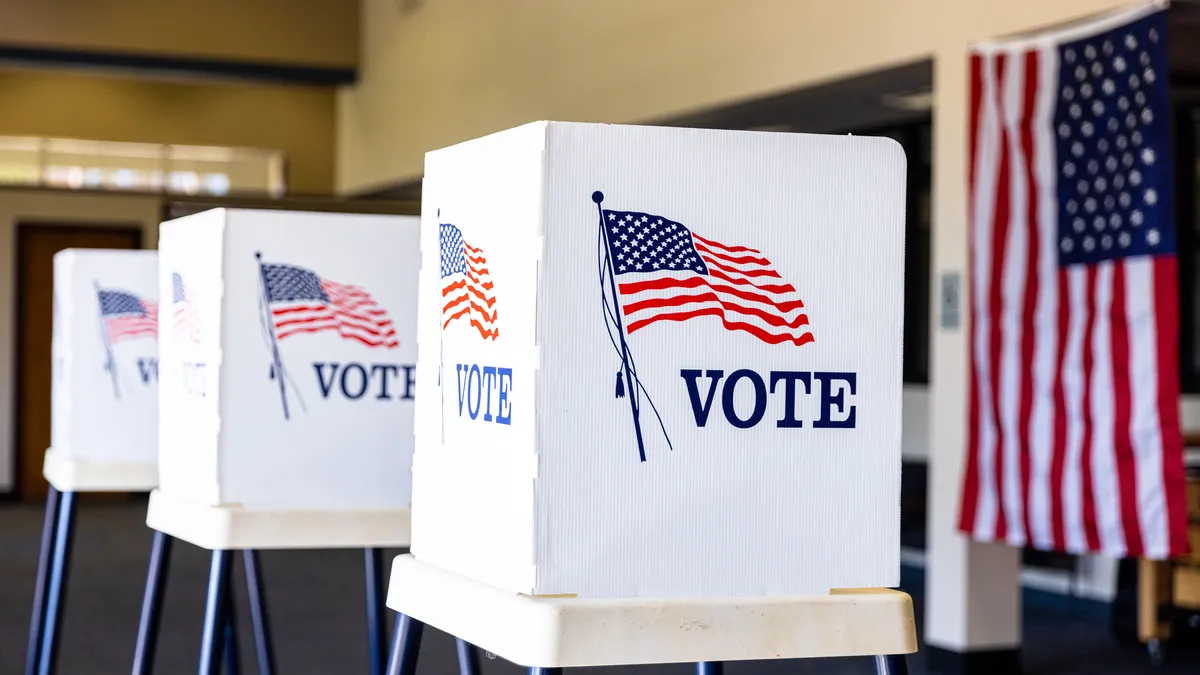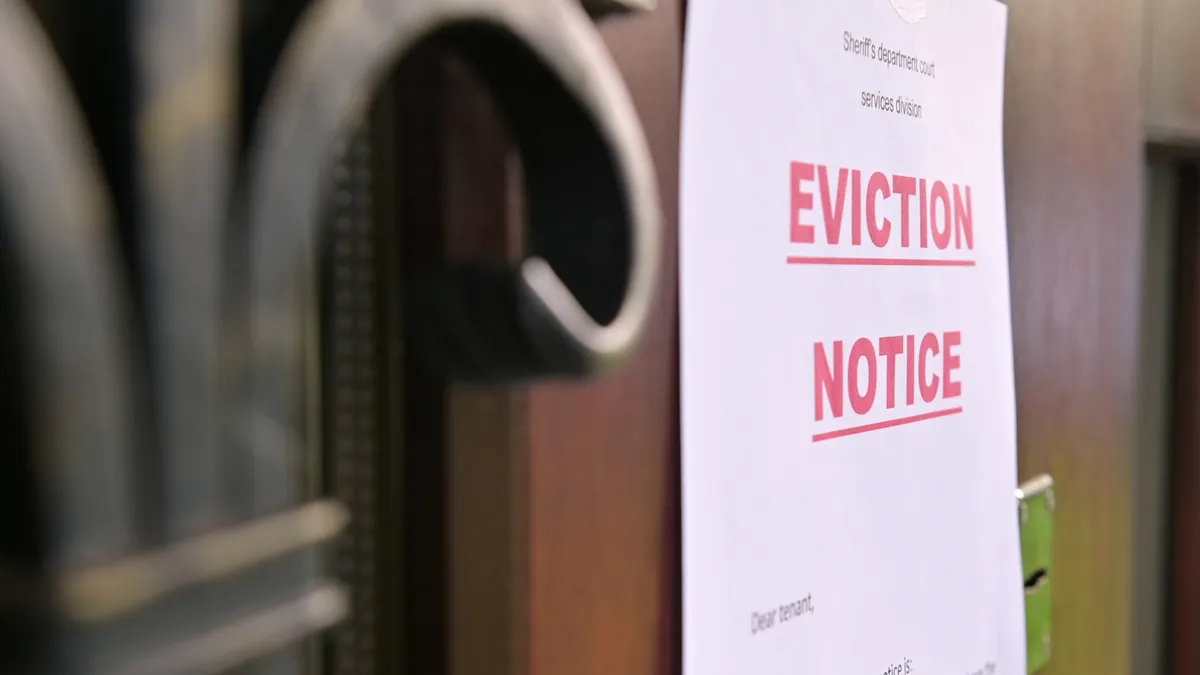Are short-term rentals banned in Hawai’i?
Not yet. But they could be.
On Friday, Hawai’i Gov. Josh Green signed SB 2919 into law. The bill paves the way for local governments to regulate — and potentially ban — short-term rentals within their jurisdictions.
Hawai’i counties now have the right to decide how to regulate the lodging option, and some local leaders have already voiced support for reducing rentals in their area.
The law “will be a pivotal tool to address Hawaiʻi’s housing crisis,” and will help Maui, in particular, as it recovers from wildfires that devastated parts of the island last summer, Green said in a statement,
The American Hotel & Lodging Association applauds the bill.
“For too long, illegal short-term rentals have encroached into residential neighborhoods and put homeownership out of reach for hard-working families, including the thousands of Hawai‘i residents who work in hotels,” said AHLA Interim President and CEO Kevin Carey, in a statement. “AHLA has worked hand-in-hand with community partners and the government to support commonsense regulation that ensures hotel employees and all residents can afford to live where they work, and this critical law will help achieve that outcome.”
Beyond addressing the housing crisis, the legislation also stands to impact people who work in the hotel industry — a significant contributor to Hawai’i’s economy.
A growing concern
According to Jerry Agrusa, a professor of travel industry management at the University of Hawai’i, short-term rentals began proliferating in Hawai’i in the late 2010s.
“You had this proliferation of people buying units here — whether it's apartments, one-bedrooms or studios, or even a whole house — because we have the lowest property tax in the United States,” he said. “People were parking their money here.”
Owners who lived out of state rented out their residential properties to tourists, who had previously stuck to areas zoned for hotels and resorts. Sometimes, that was fine. Other times, it created problems — such as trash, noise and crowded parking — for permanent residents, according to Agrusa.
What’s more, Agrusa noted, tourists staying in short-term rentals weren’t spending as many dollars in the businesses that fuel Hawai’i’s tourism economy, partly because they were cooking meals in-unit.
“Tourism is supposed to be an employer,” Agrusa said. “What I found in my research on the topic [is that] in areas that aren’t established, where you don't have as many hotels, Airbnbs work well. But in an already established tourist destination, similar to Hawai’i, you bring this into the market … It's a disruptor.”
Visitor spending contributes significantly to the state’s GDP, hitting $20.9 billion in 2023, according to Hawai’i’s Department of Business, Economic Development and Tourism.
The housing crisis
As short-term rentals were proliferating, Hawai’i was facing a housing crisis.
According to the Governor’s Office, fewer than one in three households could afford a single-family home in 2023, and fewer than one in two could afford a condominium. As of last year, the annual income needed to purchase a new median-priced home in Hawai’i was $252,000.
Then in August of last year, more than 2,000 structures on Maui were burned to the ground, and the state’s housing crisis was in the spotlight more than ever.
The day after Green signed SB 2919, Maui Mayor Richard Bissen proposed legislation that would eliminate more than 7,000 vacation units on the island. The proposed bill would revert all units in zoned apartment districts to their intended long-term residential use by 2026.
In a press conference announcing the potential legislation, the mayor was joined by leaders of Lahaina Strong, a group advocating for relief for those impacted by the wildfires.
“These mostly off-island owners have benefited immensely from turning our apartment-zoned housing into investments, displacing working-class local families from our communities long before the fire,” said Lahaina Strong spokesperson Paele Kiakona.
According to the AHLA, many of those in need of housing work in the hotel industry. As of 2019, approximately 216,000 people — or nearly 15% of Hawai’i’s population — worked in tourism, according to the Hawai’i Tourism Authority.
And on Maui, hotels have played a key role in relief efforts, offering temporary housing, as well as food and supplies, to staffers who have been displaced. Marriott Vacations Worldwide, for example, said in September that a “large percentage” of its nearly 1,700 associates on Maui sustained significant damage to, or loss of, their homes and belongings.
Meanwhile, owners of illegal short-term rentals can evade taxes when they’re registered as residential, not commercial, Agrusa said — something hotels can’t do.
Impact on hotels
Not everyone in the lodging sector supports the legislation.
“The new short term rental bill won't solve the problem of housing affordability,” said Joshua Montgomery, president of the Ohana Aina Association, which advocates for those working in the legal mid- and short-term rental sector, speaking to Hotel Dive. “Instead it will harm local families who depend on short term rentals to make ends meet, while giving false hope to members of our community who desperately need affordable housing.”
“There is one and only one solution to the affordable housing crisis here in Hawai’i,” he added. “Build more housing.”
The need for more housing is something that people on both sides of the debate agree on. But in the meantime, short-term rental laws can also impact hotel performance, according to JLL.
In February, JLL projected that New York City legislation would cause its short-term rental supply to decline by 70% — and lead to a revenue boost of up to $380 million for the city’s hotels this year.
And while hotels are still travelers’ preferred lodging choice, according to CBRE, short-term rentals have been gaining ground over hotels. Since the pandemic, short-term rentals have increased market share by 5.3 percentage points, CBRE reported in August.
Agrusa said hotels likely weren’t feeling threatened by short-term rentals’ growth in Hawai’i until more recently, because tourism overall was performing so well. More than 9.6 million visitors arrived in Hawai’i in 2023 — slightly down from 2019, when the number hit a record 10.4 million.
Tourism, Agrusa said, “is the largest employer in the state by far.”
“And where tourism goes, Hawai’i goes,” he added.



